Table of Contents Show
Wouldn’t it be great fun to park your RV wherever you want and still have the comforts of home without having to find hookups or run a generator all day? To park where the best views are and enjoy the silence of the great outdoors? RV solar panels are the best way to break free and still have lights, a fridge, and all the comforts of home.
Benefits of Solar Panels & Kits for RV
Save Some Money
Using solar, you can avoid always paying for expensive RV hookups. You can boondock or even stay at friends’ houses and still use most of your RV’s comforts.
Save the Planet
Solar is cleaner than using a generator, and you don’t need to use gas or propane to be off electric. No oil changes! No fumes!
Low Maintenance
Once installed, solar tends to be less troublesome than engines, generators, or even propane as far as equipment goes.
Battery Life Maximized
Using a solar panel to keep your lead-acid battery topped off, the battery stays fresh and doesn’t get fully discharged. This maximizes the life of a battery.
Solar Power is Quiet
Unlike noisy generators, solar power keeps the camping area quiet so you can enjoy nature without loud engines. It also doesn’t have gas fumes or harmful carbon monoxide concerns.
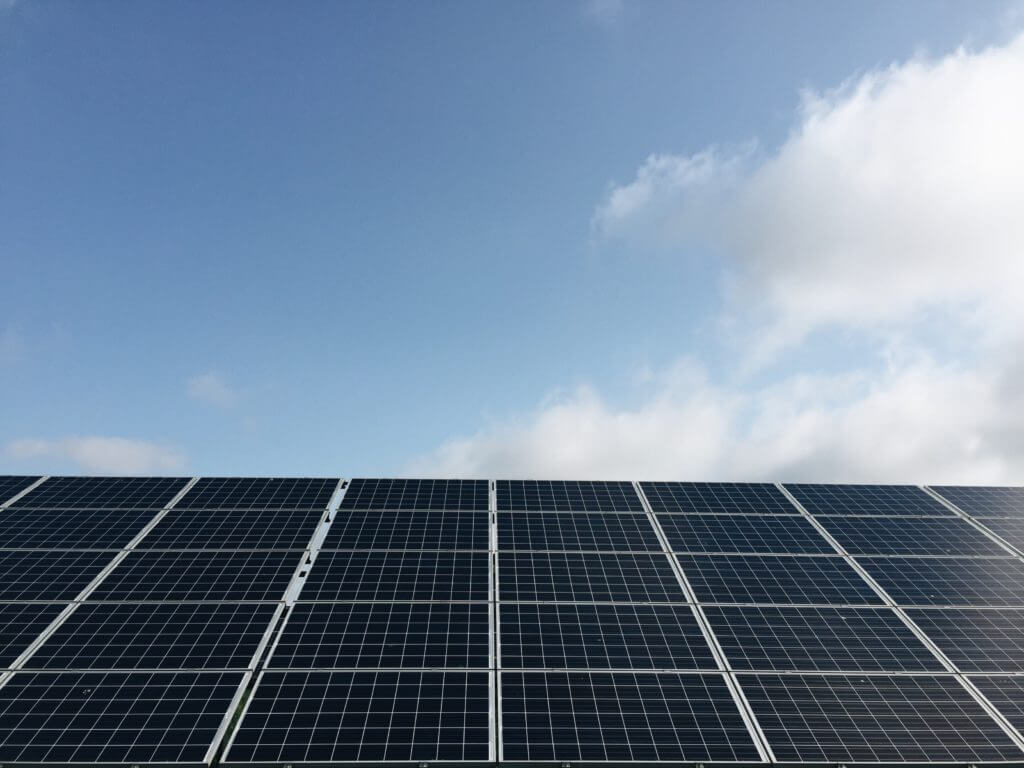
How Many RV Solar Panels Do I Need For My RV?
To figure out how much solar power you need to figure out what appliances and items you need to have running. If you want to be completely off-grid, you should aim to have enough solar panels on your RV to power the appliances in your RV and still have some leftover power to charge your batteries.
We recommend purchasing a battery monitor to easily see your power draw throughout the day. After a few days of regular usage, you will be able to calculate your average and determine the amount of solar you will need. If you want to skip that step, this can also be done with a Kill-A-Watt meter and some guesswork.
Types of Solar Panels & Kits for RV
Monocrystalline Panels
Monocrystalline panels are made from a single large silicon crystal. They are the most efficient RV solar panels, especially in lower light conditions.
Polycrystalline Panels
Polycrystalline panels are made from multiple smaller crystals and are slightly less efficient, but not noticeably enough to matter. Most solar panels are polycrystalline.
Amorphous Panels
Amorphous panels are also known as Thin Film Panels. Silicon is spread on a base to create the panel. These panels are cheaper to produce and offer the lowest efficiency of the three types of panels. They work just fine but require 3x more space for the same power yield. Amorphous are lighter, thinner, and bendable, so less likely to crack. These are also called thin-film panels.
CIGS Solar Panels
CIGS is a type of thin-film RV solar panel made from copper gallium indium diselenide (CIGS). When these layers are put on a flexible base, they can bend to fit an RV roof. They are more efficient than other thin-film panels but are also very expensive.
RV Solar Panel Brands
Renogy
Renogy is often topping the list of reviews for RV solar kits. The company has a great warranty, has been around for a while, offers kits, has weather-resistant frames, heavy-duty and sturdy components, and multiple panels can be added together.
Hightec Solar
Hightec solar is made in the US, has a 25-year warranty, and excellent customer service. Their panels are monocrystalline.
HQST
HQST is said to be a heavy-duty and reliable solar setup with efficient polycrystalline cells. Easy to plug and install, but bulky and heavy.
Zamp Solar
Zamp solar panels are created especially for RVs and can charge all types of batteries, including lithium.
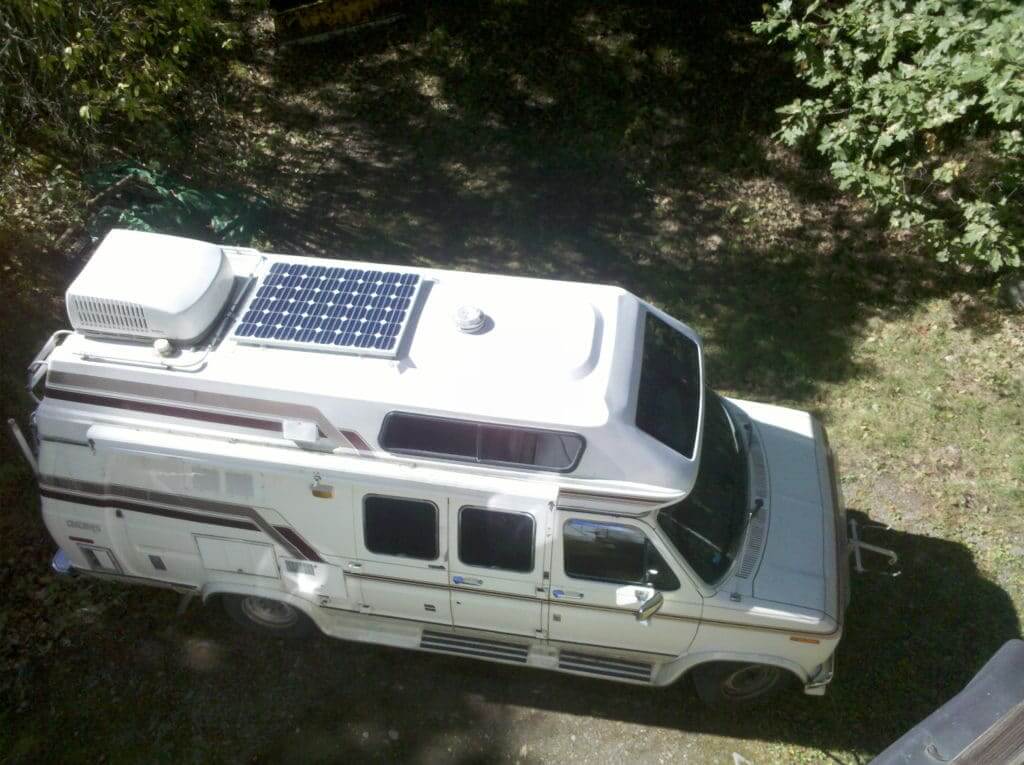
RV Solar Panel Pricing
Pricing of a solar setup for your rig will depend on many considerations:
- Panel features play a big role in pricing.
- Controller type and size are essential in the scheme of the system. The kind you choose needs to fit your amount of power, current, and voltage.
- Expandability is important to consider. If you want to start out just running a couple of items for a weekend and then add additional capability as your travels extend, you want a system that can easily be built upon.
- Mounting is a concern as well. Depending on your RV or trailer, some types will be easier to mount and not require additional braces, racks, etc.
Considerations
- The amount of power will determine the number of panels and number and type of batteries you will need to power your rig.
- Weight and size depend on your rig capability, storage availability for batteries, roof size for panels (or portable).
- The efficiency of panels will determine how many you need to power what you need to run off solar.
- A battery that holds enough charge is important to make sure that you are capturing all the solar power that you are collecting and have enough power for long enough to run everything during dark hours.
- The initial cost can intimidate many potential buyers. Still, the investment pays off over the long haul, especially if you decide to boondock and stay free or cheaper places without full hookups. You may save a lot of money on camping spots and fuel driving back and forth from attractions/events and campgrounds since you can stay closer.
RV Solar Panel Setup
- Solar Panels: you need these to harness the sun’s rays.
- Solar Wiring: connects the panels to the batteries.
- Digital Monitoring Unit: this gives you essential information about the charges and how much power you have.
- Deep Cycle Batteries store the power for later use. Read Best RV Battery for Boondocking when you’re ready to start researching that.
- Solar Power Inverter will allow you to run your electronics and other household electrical devices. It converts DC to AC power.
- Mounting Hardware will vary depending on your rig and the panels. Some are pre-drilled, and some trailers are set up for specific panels. Making sure that the panels fit and are sufficiently attached is vital to prevent damage and leaks.
Final Thoughts
If you like to camp off-grid, boondock, stay at friend’s houses, tailgate, or otherwise stay where there aren’t hookups, RV solar panels may be the investment for you! Saving money on campgrounds is excellent, but the real reason to invest in solar is the freedom to stay where the activities are and still have your creature comforts! Solar power is changing and getting better, more efficient, and cheaper all the time, so do your homework and find the right system for your travels!




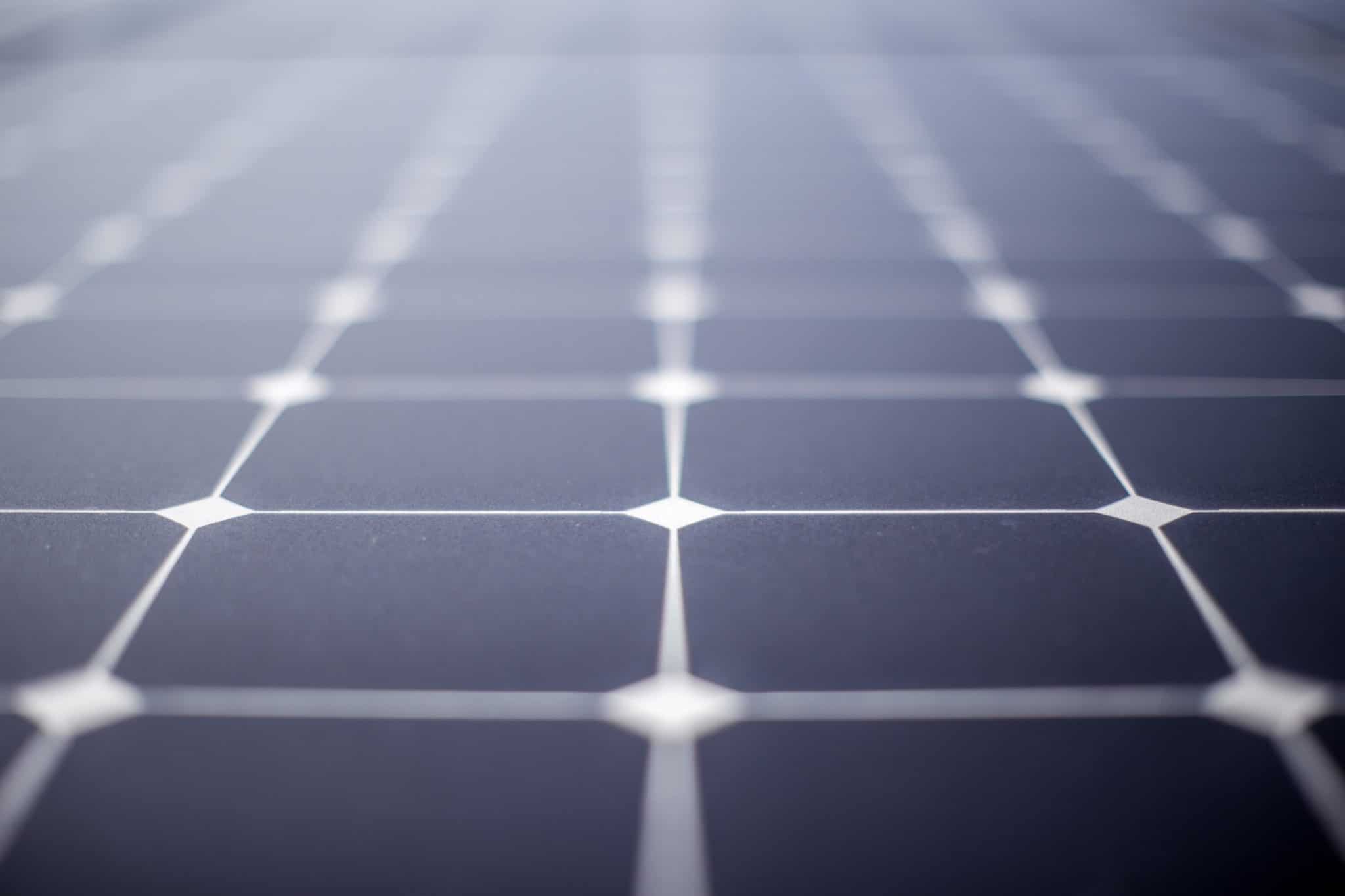
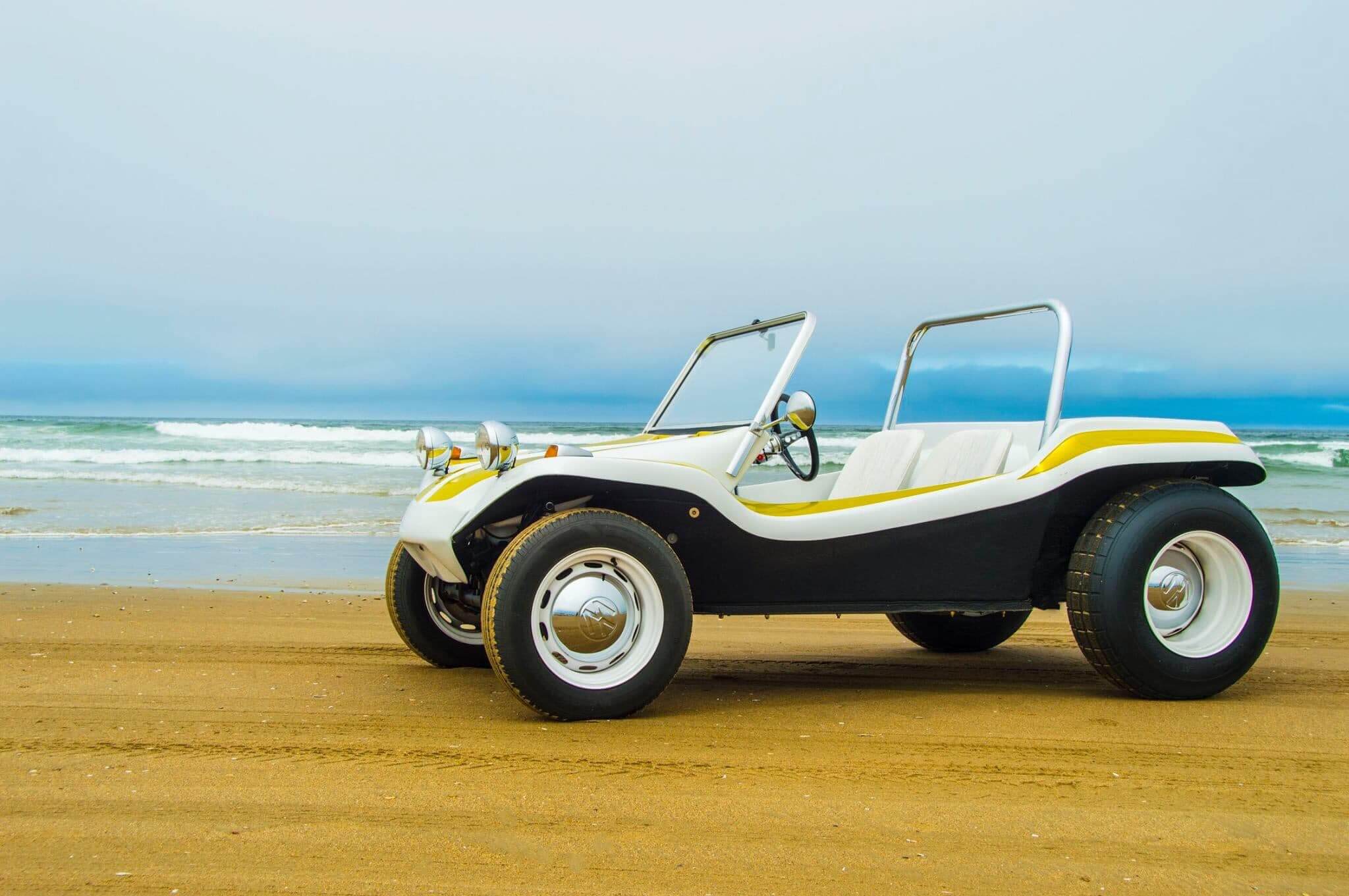
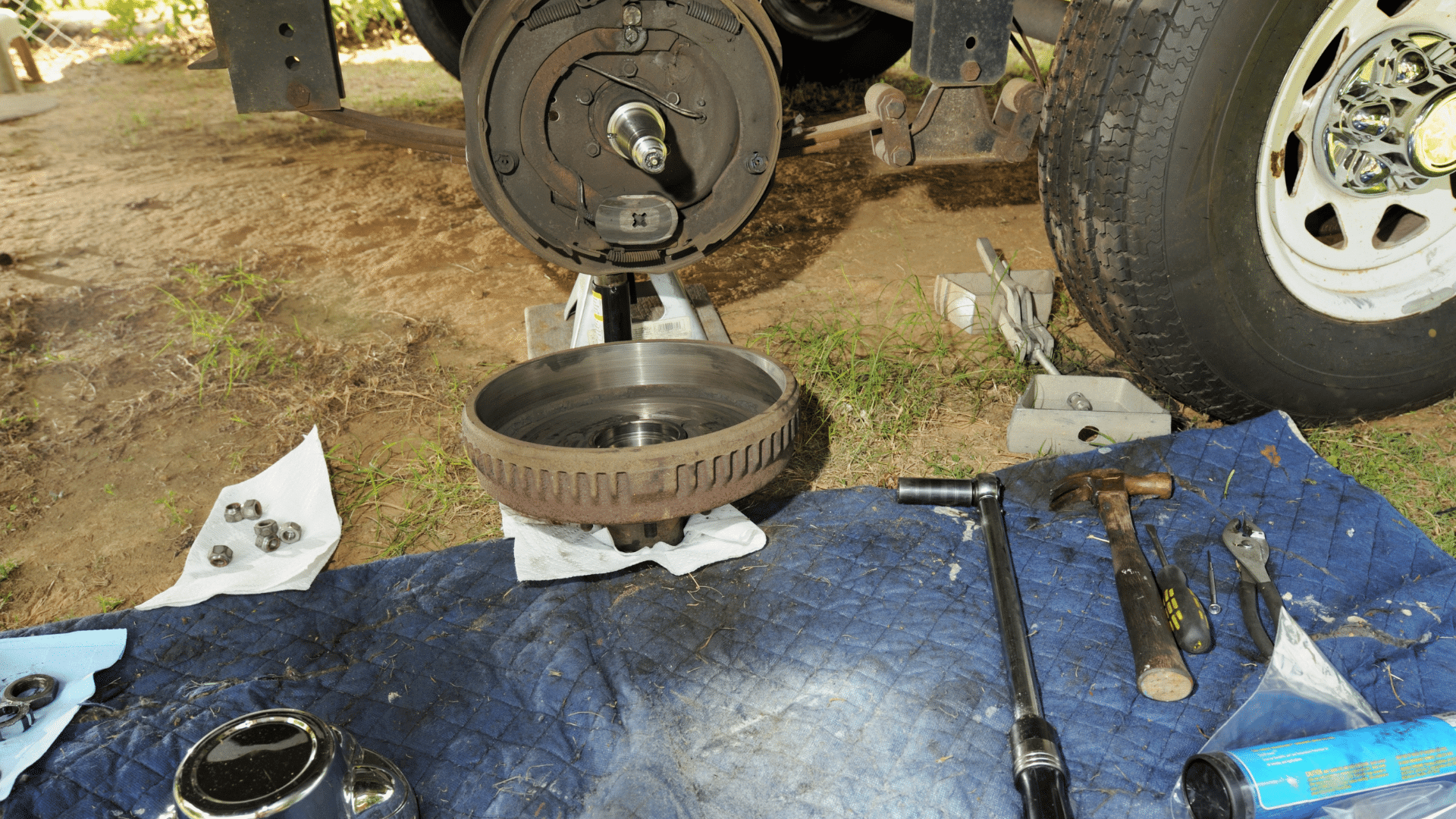
Love all the information on the Solar Power and Panels. Do you have recommendations for installers? This is way to complex for me to install myself.